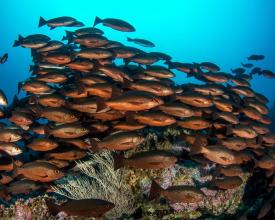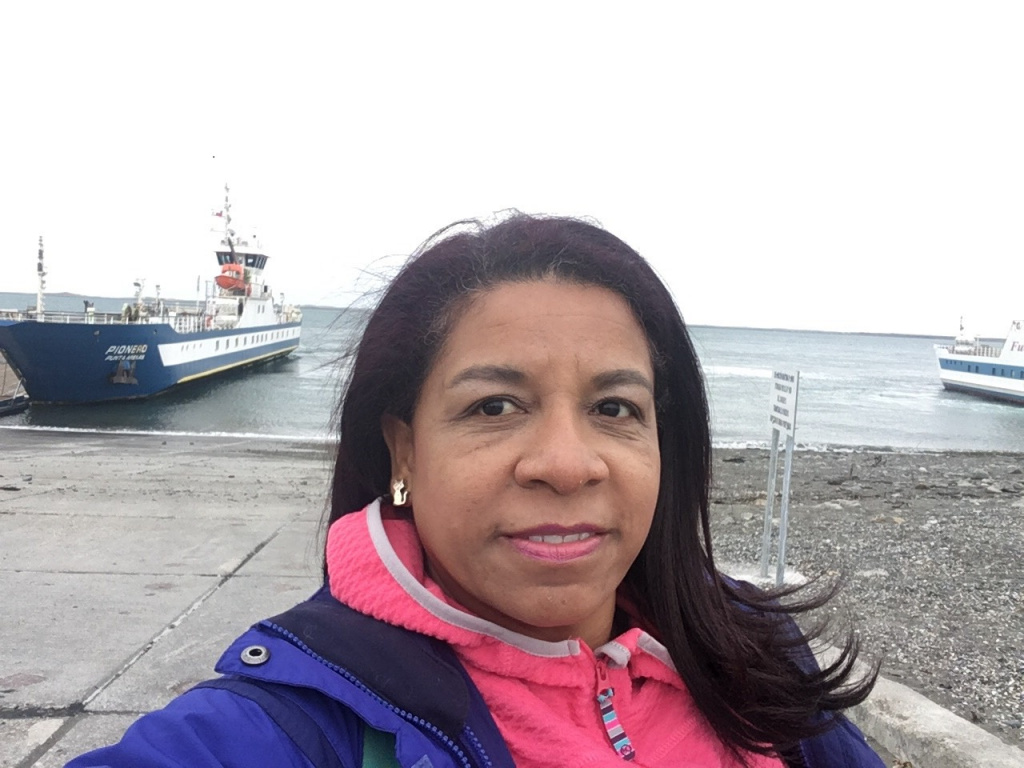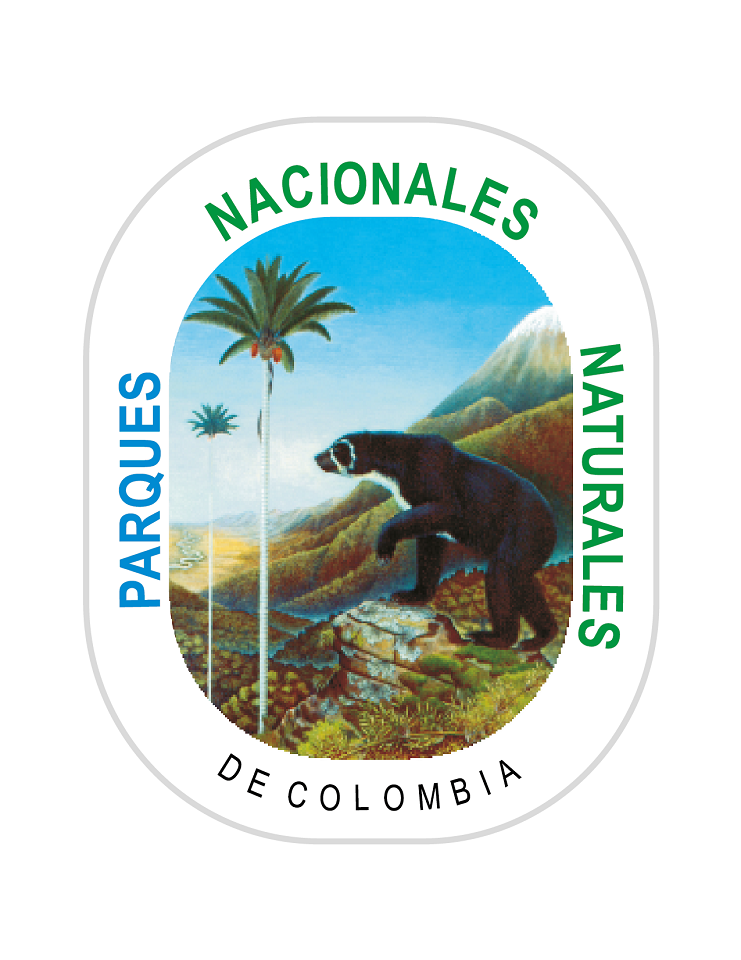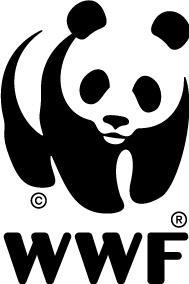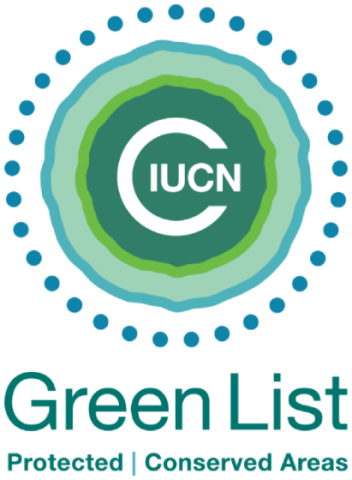
Le district national de gestion intégrée Yurupari-Malpelo : une stratégie basée sur le paysage pour garantir la conservation et l'utilisation durable des ressources halieutiques et des services écosystémiques associés.
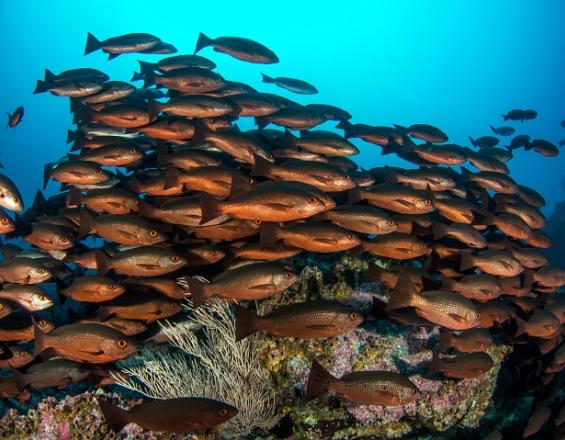
Les zones marines protégées jouent un rôle essentiel dans le maintien des pêcheries mondiales. Dans ces zones, les individus sont plus grands, la densité et la biomasse sont plus importantes et la richesse des espèces est plus grande. Ces augmentations s'étendent également au-delà des limites de la zone protégée grâce à l'effet de "spill-over". Avec la création de la DMI Yurupari - Malpelo, la gestion des pêcheries de thon et de pélagiques moyens sera renforcée, garantissant le maintien de la ressource halieutique et des biens et services associés, contribuant à garantir la sécurité alimentaire du pays et la conservation des ressources halieutiques à travers des actions de planification et de gestion, ainsi qu'à conserver le patrimoine naturel marin du Pacifique tropical oriental en contribuant à sa connectivité écosystémique. Il s'agit d'une stratégie avec une approche paysagère de la conservation de la biodiversité, à la fois au niveau local, comme le FFS de Malpelo, et au niveau régional, comme la zone de ressources gérées de la Cordillera de Coiba au Panama.
Impacts
La déclaration de la DMI Yurupari-Malpelo est avant tout une stratégie d'approche paysagère pour la conservation et la gestion du territoire marin afin de garantir la fourniture de biens et services écosystémiques clés pour la survie, mais elle aborde également les tensions entre les différents secteurs sociaux afin de garantir l'accès aux ressources, le partage des bénéfices et l'accomplissement des responsabilités de l'État. Bien que les résultats en termes de maintien ou d'augmentation des stocks de poissons et des bénéfices pour les communautés ne soient pas encore quantifiables - la déclaration a été faite en 2018 - l'arrangement interinstitutionnel et les accords avec le secteur de la pêche sont d'une importance fondamentale pour avancer dans la construction de schémas de gouvernance partagée qui garantissent la représentativité et l'équité, tout en renforçant les efforts nationaux et régionaux visant à soutenir l'activité de pêche pour la sécurité alimentaire des populations, qui repose sur la pêche des petits pélagiques, le thon et la pêche dite blanche, qui constitue une alternative de diversification pour les flottes de crevettes pendant les périodes de fermeture de la pêche. De même, la participation de la Colombie à l'industrie de la conserve génère plus de 5 000 emplois directs, qui peuvent être maintenus grâce à une meilleure gestion de l'activité.
